Each child is unique and learns in different ways. Explore different styles of learning in this series of articles as we seek to understand the best ways of nurturing each child’s love of learning.
Learning has often been described as a journey — something that takes time, requires effort and presents challenges to the traveller. While these notions are not untrue, it is perhaps more important to look at learning as a multifaceted object. If we consider the range of personalities among children, surely it is logical to look at each child’s learning profile as being unique as well.
In this series, we explore several major learning styles. With a multitude of educational psychology theories on learning types, it can be easy to ‘diagnose’ a child by tying them to one specific learning style. However, to avoid over simplification, you should encourage the different learning sensibilities in your child to maximise his or her learning potential and output.
If your child has this particular learning style you may have noticed his or her preference for textual stimuli. Such learners thrive on receiving as much information on a subject or topic as they can. Definitions, explanations, interpretations, handouts — the more, the merrier. Read-Write learners process information by writing it down and by reading it. Textual analysis aids this learner’s ability to understand, retain and eventually, to apply the information.
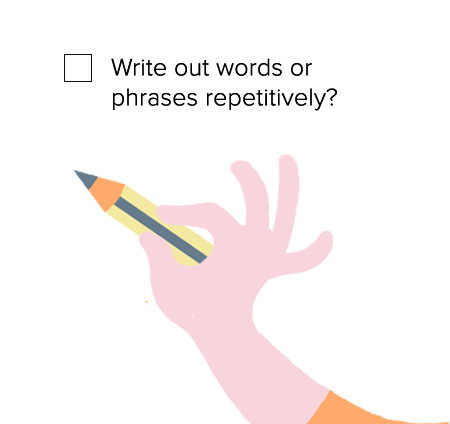
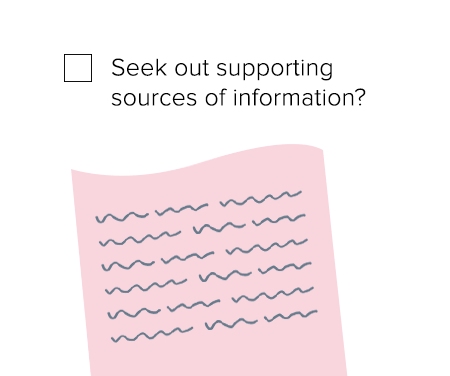
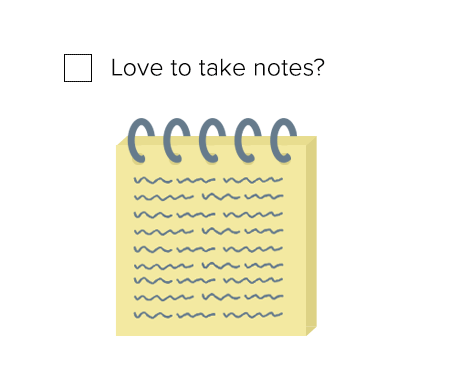
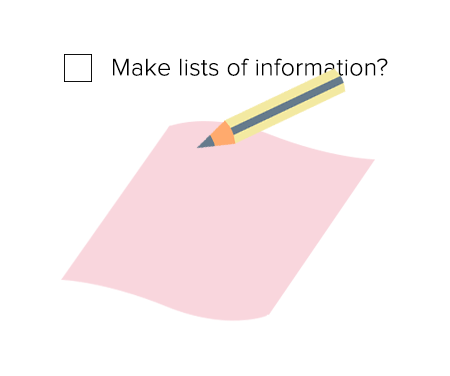
Challenges And Solutions For The Read-Write Learner
Interpreting Charts, Diagrams and Non-textual Information
Since read-write learners prefer to manage textual rather than image-based information, comprehending information presented in charts or diagrams may prevent them from maximising their learning. Such elements are becoming increasingly important in school curriculum across English, Math and Science content. As such, it is important that your read-write child find strategies to manage this potential hurdle. Encourage your child to pen down notes in class and use these notes to reorganise information into charts and diagrams of his or her own. How does this make a difference? By using his or her own notes to cognitively process the information learnt in class, his or her own charts of diagrams can be tailored to fit his or her way(s) of processing information.
Processing Verbal Instructions
While auditory learners thrive in a situation which requires them to listen to instructions, read-write learners work best with words on a page. In school, it is inevitable that your child spends a considerable amount of time listening to his or her teacher(s) give instructions or deliver lessons verbally. A read-write learner should focus his or her energy on worksheets and handouts. By translating what he or she hears to words on a page during a lesson, he or she will be armed with additional information that can be used to bridge his or her understanding of complex concepts or ideas. Annotating diagrams or charts with words or phrases can help a read-write learner to make sense of ideas that are visually represented.
Working In Groups
Due to a reliance on reading or writing activities, read-write learners may prefer to work on their own in order to absorb and process information. As such, your read-write child may find difficulty in working in groups on tasks that require verbal discussion or a quick exchange of ideas without preparation time. A read-write learner may also become easily distracted by noise and movement when processing information, making group work challenging. To overcome this issue, a read-write learner can volunteer to take notes or read out the instructions for group members. Using simple methods such as note-taking, list-making and documenting the exchange of information helps a read-write learner to process ideas more deeply on his or her own before responding to members of the group.
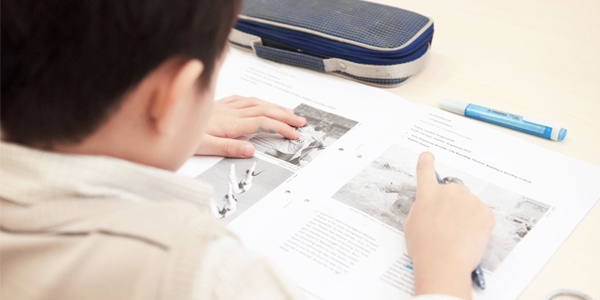
Let your child excel in an environment that encourages learning that works for him or her. At The Learning Lab read-write learners benefit from:
- lessons conducted with the use of worksheets and handouts
- a keen focus on honing note-taking skills during lessons
- close attention to the development of reading and writing skills
- learning about document management such as weekly filing and termly organisation
When it comes to the materials you child sees in class, our curriculum specialists have considered the needs of read-write learners, ensuring that lesson materials are designed in such a way that encourages students to take down notes to aid recall and application. Writing and reading tasks are part and parcel of The Learning Lab’s lessons across all subjects.
Primary English lessons have components such as composition writing, comprehension practices and oral passages which focus on reading skills and writing skills.
Primary Math lesson materials include written instructions to aid students’ understanding of mathematical concepts, math-specific phrases, charts and diagrams.
Primary Science lessons have topical notes for read-write learners to absorb and re-read for revision.
Reading Workshops
Sign your child up for one of two of our 10-week workshops to gain a solid foundation in independent reading. Your child will learn to:
- master foundational phonic sounds
- master consonant blends
- decode words through blending and segmenting
- expand their vocabulary of sight words and multisyllabic words
Composition Excellence Workshops
Writing well is all about getting the right practice. Your child will learn how to:
- be better at explaining and persuading with his or her writing
- manage plot planning
- use advanced sentence structures
- be judicious in the use of descriptors and phrases
Register for our July Workshops here
Enrol your child in one of our core programmes and give your read-write learner the opportunity to love learning today. You may also learn more about nurturing the love of learning in your child by visiting www.thelearninglab.com.sg or calling us at 6733 8711.